How can we stop global warming before it's too late?

Many developed countries, including Japan, have ratified the
Is It Too Late To Stop Climate Change? Well, it's Complicated. --YouTube
There is a lot of terrible news about global warming, and the 'worst record ever' such as heat waves and glacier melting is updated every year.

It has been known for decades that this rapid global warming is caused by the release of greenhouse gases.
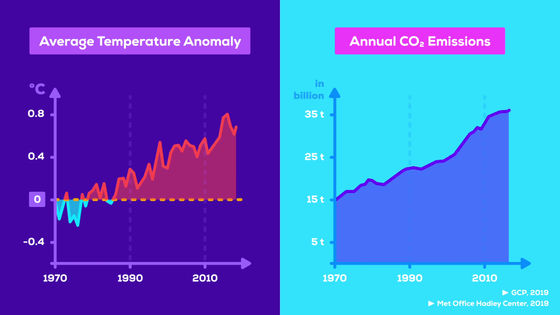
However, despite the known cause, the amount of carbon dioxide (CO2) emitted in 2019 has increased by 50% compared to 2000, and greenhouse gas emissions are only increasing.
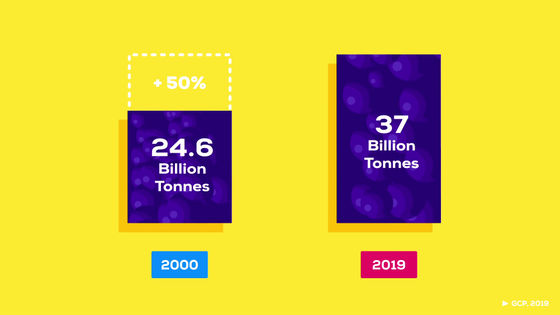
Why can't humans stop emitting greenhouse gases?

The CO2 emitted by humankind is greatly influenced by four factors: 'population size,' 'economic growth,' ' economic efficiency of energy, ' and 'emissions per energy.'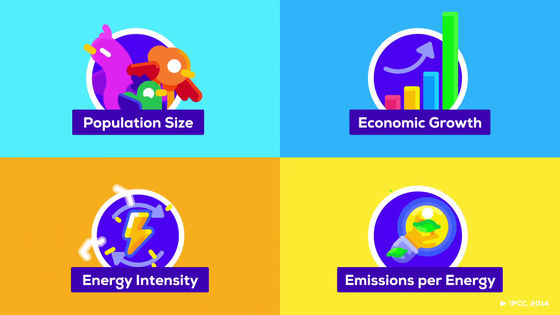
Let's start with the 'population scale'. Not surprisingly, the amount of CO2 emitted is proportional to the population.

According to a United Nations survey, the world's total population is estimated to increase by 40% between 2020 and 2100.
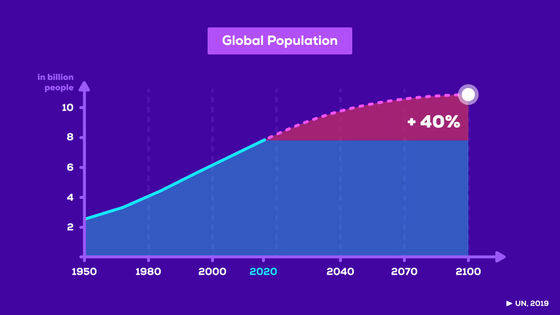
Investment in health care, contraceptives and education in developing countries has proven to be effective in curbing population growth.
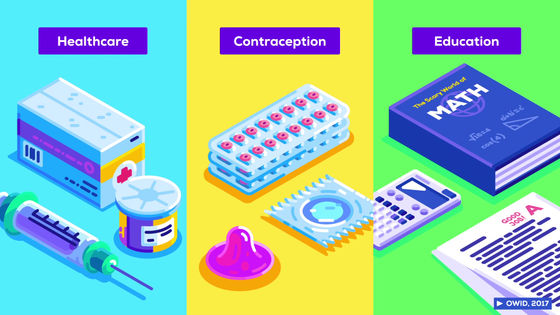
However, even with huge investments, it will take decades for the effects of the declining birthrate to appear.
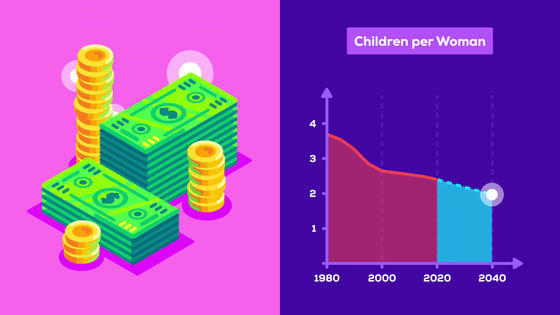
And in the last few decades, a lot of CO2 will continue to be emitted.

Next is about 'economic growth'. As our standard of living improves and science and technology develop, CO2 emissions will increase.

For example, one American programmer emits more CO2 than 50 Ugandan farmers.

World wealth continues to grow and is essential for humans to be defined by the United Nations as '
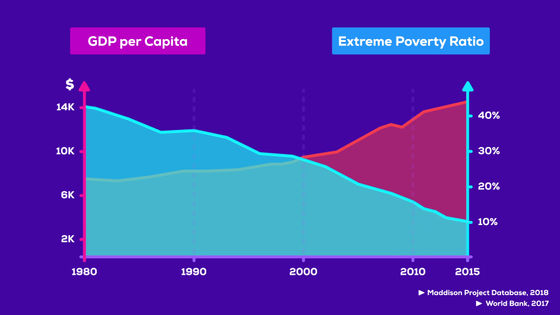
'Economic growth' is no longer a universal slogan that is not influenced by the world's political system.

Developed countries cannot give up economic growth immediately, and developing countries want to be prosperous, so they will continue to pursue economic growth.

The longer the economy continues to grow, the more CO2 emissions will increase. There are signs of technology and policies that 'even if the economy grows, CO2 emissions will not increase', but they have not yet been put into practical use.

For this reason, the factors of 'population size' and 'economic growth' have a great influence on CO2 emissions.
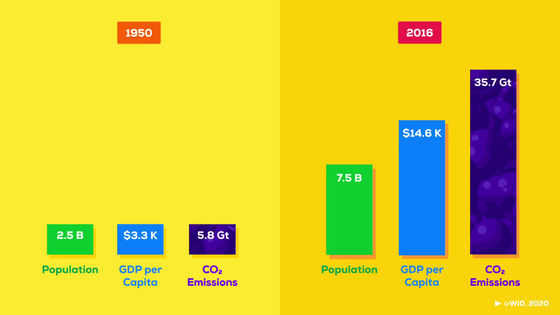
Mankind must somehow turn the increase in CO2 emissions into a decrease.

The two factors that can be the solution are 'economic efficiency of energy' and 'emissions per energy'.
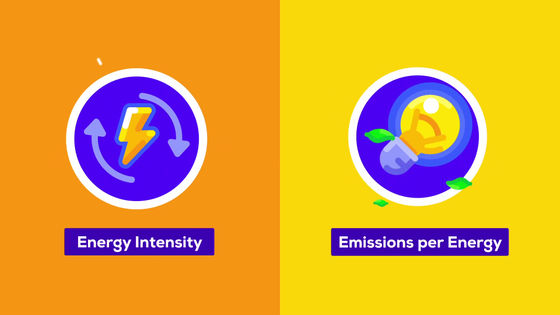
'Economic efficiency of energy' is an index showing how efficiently energy is used.

For example, suppose a street food in Brazil uses coal for cooking and a street food in France uses an IH stove powered by nuclear power for cooking.

In this case, nuclear-powered IH stoves are much more efficient than coal.
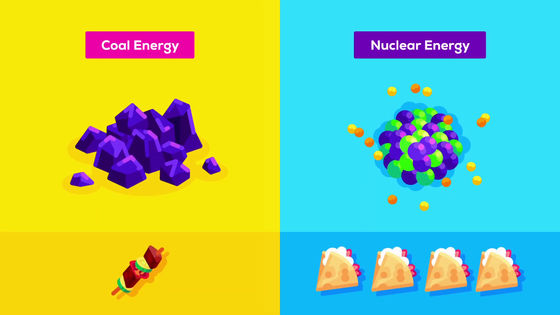
In this way, as technology advances, the power required can be reduced.

Developing efficient technologies and incorporating them into our society is one of the most important ways to reduce the world's dependence on CO2.


However, no matter how efficient the technology is developed, it is impossible to reduce CO2 emissions to zero.

The first reason why science and technology cannot reduce CO2 emissions to zero is the existence of the '

An airplane is a typical example of the case where 'the overall efficiency has improved but the usage has increased'. Although the cost per distance is decreasing year by year, the number of tourists is increasing year by year, so the resources consumed are increasing.
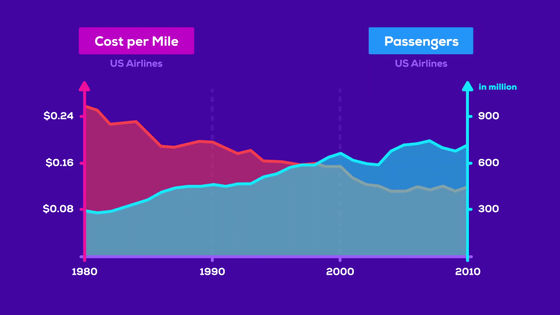
The second reason why science and technology cannot reduce CO2 emissions to zero is the 'indirect rebound effect.' When something gets more efficient, the cost of that thing comes up and you can spend more on other things.

For example, if you buy a fuel-efficient car, you may be able to spend more on driving and traveling because of the fuel cost, and as a result, the resources consumed may increase. From the point of view of the resources consumed, it is possible that 'it was better to continue to drive a car with poor fuel economy.'

The final reason why science and technology cannot reduce CO2 emissions to zero is the 'decrease in
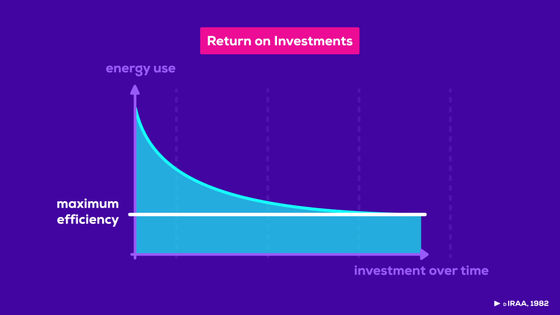
And in many science and technology, humankind has achieved a certain level of efficiency.
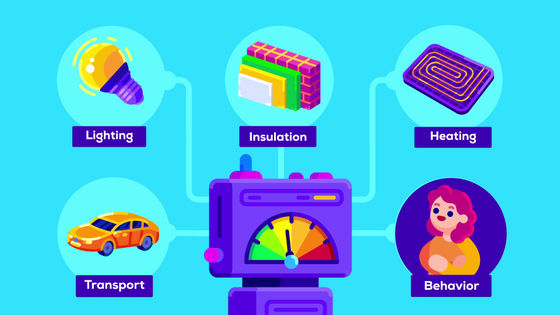
Therefore, 'economic efficiency of energy' alone cannot achieve zero CO2 emissions. Therefore, what is important is 'emissions per energy'. CO2 emissions are greatly related to which
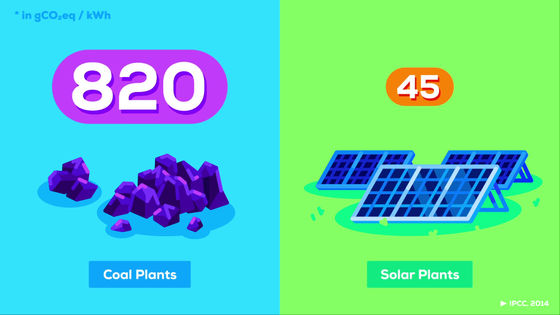
Simply put, the more fossil fuels you burn, the more CO2 you emit.

However, the choice of 'no fossil fuels' is currently not possible. If you do that, you'll end up with a lot of problems overnight.

However, at present, it is not even possible to 'take alternative measures to reduce fossil fuel consumption.'

What we have to do right now is to make existing nuclear power plants last longer ...

Reduce subsidies to the fossil fuel industry and send it to the renewable energy industry.
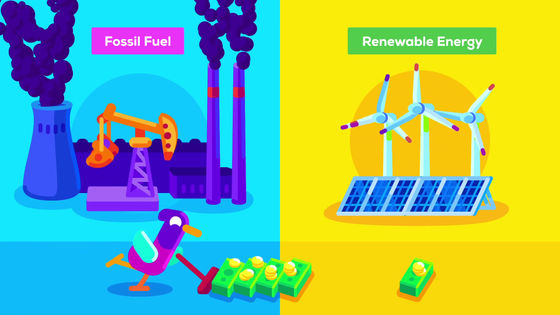
Severe fines for carbon emissions are set, and the fines are raised every year to create strong incentives for 'decarbonization.'
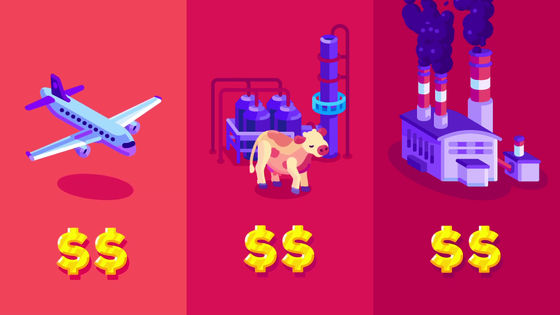
And to bring about new technological innovation. Zero CO2 emissions cannot be achieved without developing new technologies.

Expected new technological innovations include

However, technological innovation requires time. And over time, the Earth's climate may be 'too late.'

CO2 emissions continue to increase year by year. To tackle this problem requires not only technological innovation but also action.
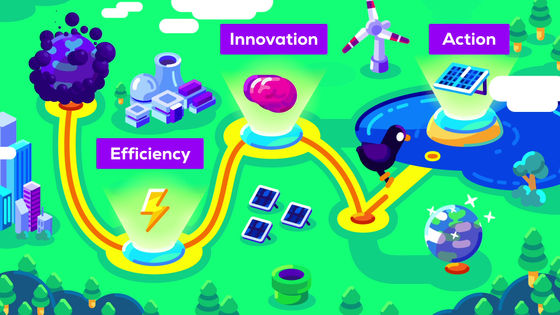
The less fossil fuels you consume, the longer the time limit will be before it's too late.

New construction of coal-fired power plants should also be stopped.
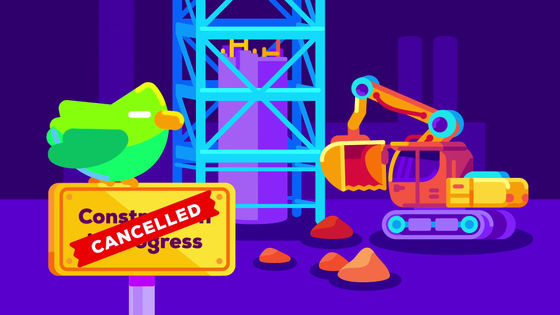
Today, billions of people live on fossil fuels.

This situation cannot be changed overnight. But we have to do something as soon as possible.

Related Posts:







